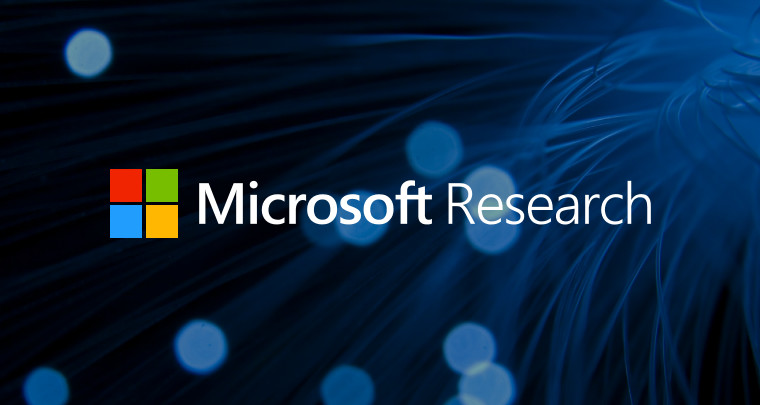
Microsoft Research is now working with Rambus Inc. to look at memory requirements that quantum computing will need. Microsoft say they want to approach the quantum computing problem from a theoretical angle first, before they move onto developing hardware.
As part of the Microsoft-Rambus collaboration, the two will pool resources to further examine potential architectures that "significantly" improve memory capabilities "in different scenarios" as well as improve the overall performance of the system.
Regarding the partnership, Gary Bronner - the VP of Rambus Labs - said that by "working with Microsoft on this project, we can leverage our vast expertise in memory systems to identify new architectural models." He also explained that computing technology is reaching its limits and that more efficient systems need to be developed.
Another major player who has started to seriously research quantum computing is Google, which kicked off their efforts by partnering with NASA and D-Wave to see how D-Waves' computers could be used to develop artificial intelligence. In September 2015 it was announced that the Quantum Artificial Intelligence Lab at NASA's Ames Research Center had been installed.
At the moment, quantum computing is still theoretical and will likely not reach consumers for decades to come. One wild estimate predicts they will see widespread use by 2037 - 21 years from now - but how soon and how much of an impact it will have is anyone's guess.
Source: Rambus via SiliconAngle

















8 Comments - Add comment